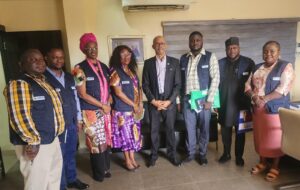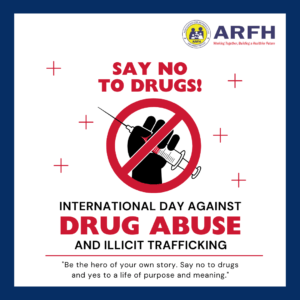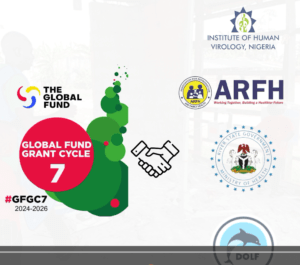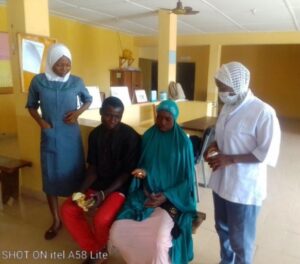
The Association for Reproductive and Family Health (ARFH) is one of the four grantees engaged to implement the US President’s Malaria Initiative for State (PMI-S) Project in Oyo State of Nigeria, with support from the Management Sciences for Health (MSH) and funding from the United States Agency for International Development (USAID). The project’s primary goal is to support the Government of Nigeria to reduce malaria morbidity and mortality in Oyo State.
ARFH is contributing to this goal by working in six most inaccessible/hard-to-reach Local Government Areas (LGAs) in Oyo State through improved facility monitoring and clinical mentoring of health workers. The LGAs are Atisbo, Ibarapa North, Irepo, Iwajowa, Oorelope, and Olorunsogo. The objectives of the project are to improve the quality and access to comprehensive malaria case management services, improve data quality interpretation and use, improve drug-based prevention and treatment approaches (IPTp), strengthen existing health systems, and improve State Malaria Elimination Program (SMEP) management which is carried out in 119 health facilities in the six selected LGAs.
In the first quarter of the year, the project achieved an increase in IPTp 2 & 3 uptake. This was a result of continuous monitoring activities in implementing health facilities, community sensitization by the health workers, and also the involvement of the community stakeholders.
The project has continually achieved a 100% testing and treatment rate, this implies that all persons with fever underwent a parasitological test using Rapid Diagnostic Test (RDT) or Microscopic (MP), as a result, eliminates the clinical diagnosis in the health facilities. Also, all confirmed uncomplicated malaria after parasitological tests were treated with the recommended drug (ACT). This makes a 100% treatment rate achievable.
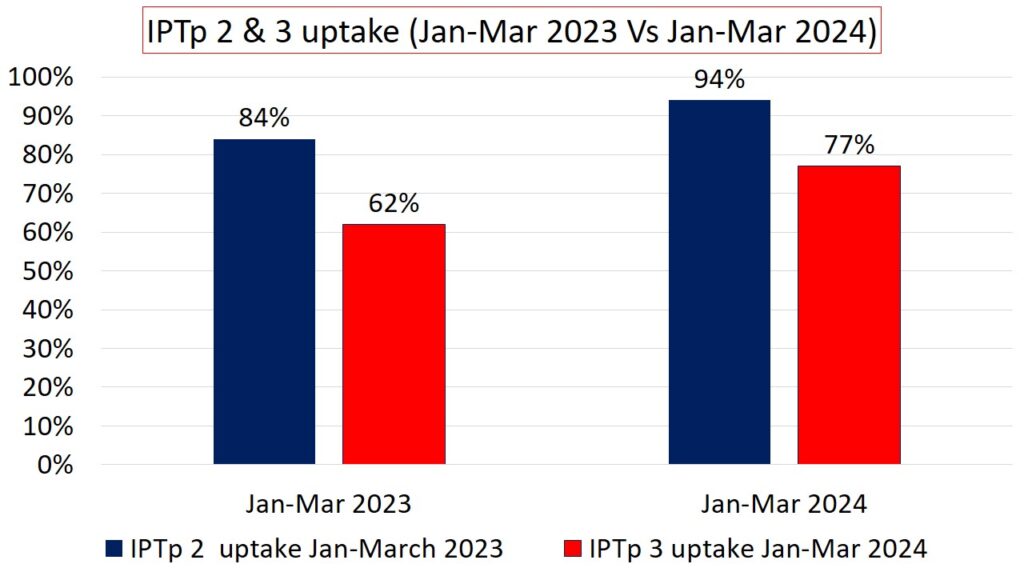
One of the strategies developed by ARFH on the PMI-s project is male involvement, this strategy aimed to involve husbands in the health of their family. ARFH understood that in some of the implementing LGAs, the head of household has the final say in the utilization of health services in the family, hence their involvement will improve the uptake of IPTp which is one of the Milestones. This strategy has been adopted in collaboration with the WDC team. This has increased the number of heads of households following their wives to the health facility for ANC service.

